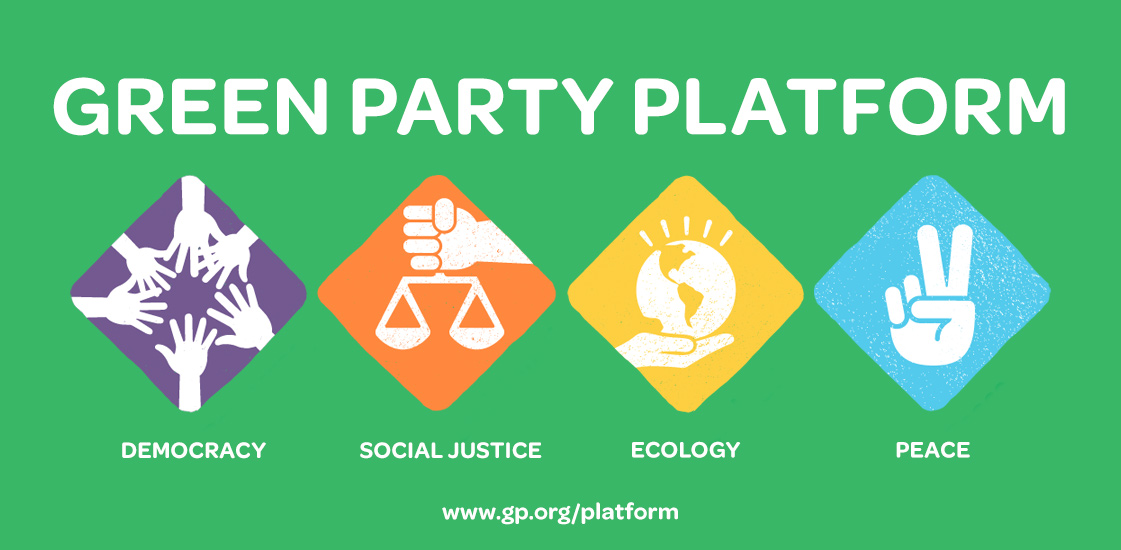With the midterm elections just days away and millions of Americans already heading to the polls for early voting, the climate is heating up — in both a political and literal sense. In the two years since the last federal election, the United States has seen record-breaking temperatures, devastating floods, raging wildfires, and more. But have these extreme weather events been enough to drive Americans to the voting booth?
A Washington Post-ABC News poll released in September found that approximately half of all registered voters consider climate change to be either “very important” or “one of the more important issues” they consider when casting their vote. Yet, when asked to rank seven controversial issues in order of importance, climate change came in dead last, following matters such as the economy, abortion, crime, and immigration. After a turbulent summer of high prices at the pump, rapid inflation, and the landmark Supreme Court ruling that overturned Roe v. Wade, it comes as little surprise that the environment is not topping voter priority lists. But the results of the 2022 midterm elections could have massive implications for climate policy at the local, state, and federal levels.
In Washington, Democrats are fighting to hold their slim majority in both chambers of Congress, an edge which allowed them to pass President Biden’s Inflation Reduction Act in August without a single vote from across the aisle. A modified version of the Build Back Better agenda Biden campaigned on, the Inflation Reduction Act represents the largest climate spending bill ever passed in the United States. With this in mind, voters surveyed in the aforementioned poll gave Democrats a 21-point advantage over Republicans regarding general trust in party leaders to tackle climate change. While unlikely, if the Republican Party were to win two-thirds of both the House of Representatives and the Senate they would have enough votes to overturn the Presidential veto and effectively “undo” the Inflation Reduction Act. Even with a narrow majority in both chambers, the Republican party could block future legislation supported by the Biden administration, derailing climate action for at least another two years.
The percentage of voters for whom climate change is a strong consideration at the ballot box is accordingly split along party lines. 79% of all registered Democrats said climate change is important to their vote, as compared to only 27% of Republicans. Independents are more evenly divided, with 46% taking the environment into account.
Surveys also show that people of color are more likely to keep climate action in mind. A study conducted by the organization Green 2.0 found that 70% of people of color reported seeing climate change impact their communities firsthand. As a result, 64% of voters of color are either “much more likely” or “somewhat more likely” to support Congressional candidates that incorporate climate change into their top three priorities. Since its conception, the environmental movement has long been criticized for its primary focus on ‘white environmentalism,’ which often fails to listen to diverse voices. Andres Jimenez, the executive director of Green 2.0, explains the need for change in the way climate policy is discussed:
“Climate change impacts communities of color, frontline communities the most. And as we move forward to be aggressive and to accelerate the conversation around climate change and to address these issues, we need diversity within those conversations.”
So how can candidates up and down the ballot best craft environmental policy goals that speak for everyone? Two Duke University scholars think part of the answer is not climate action itself, but rather the host of other issues it is tied to, including the economy, job creation, public health, cheaper energy, and immigration. Voters often think of each of these issues separately, but in reality, policies that address two or more national concerns are often more effective at garnering support. If climate-forward candidates can highlight the intersection between the environment and other key issues to voters, they may have a shot to put their plans into action.
Nevertheless, it is hard to say what will happen at the polls on November 8th. As is common with midterms, experts predict tomorrow’s election will be a referendum on President Biden and the Democratic Party, with potentially detrimental effects on U.S. climate policy. Yet, others are hopeful that this summer’s achievement of passing the Inflation Reduction Act could keep environmental action on the minds of voters. We can’t predict the future, but we may be able to shape it. No matter your political affiliations, be sure to make your voice heard by casting your vote on November 8th!
Sources
Ferreri, E. (2022, October 26). Scholars: Midterm Elections Critical for Progress on Climate Change. Duke Today. https://today.duke.edu/2022/10/scholars-midterm-elections-critical-progress-climate-change
Joselow, M. (2022, October 10). Half of voters say climate change is important in midterms, poll finds. The Washington Post. https://www.washingtonpost.com/politics/2022/10/10/half-voters-say-climate-change-is-important-midterms-poll-finds/
Osaka, S. (2022, August 18). Why the climate bill’s impact might not match what many expect. Washington Post. https://www.washingtonpost.com/climate-environment/2022/08/18/ira-inflation-reduction-act-climate-change/
St. Martin, V. (2022, October 22). Poll: Climate Change Is a Key Issue in the Midterm Elections Among Likely Voters of Color. Inside Climate News. https://insideclimatenews.org/news/22102022/poll-climate-change-is-a-key-issue-in-the-midterm-elections-among-likely-voters-of-color/
Victor, D. (2022, November 2). A Basic Guide to the U.S. Midterm Elections. The New York Times. https://www.nytimes.com/article/midterm-elections-basics-explained.html
Weise, E. (2022, October 22). Climate change is on the ballot in the midterm elections: Here’s what’s at stake. USA Today. https://www.usatoday.com/story/news/2022/10/22/climate-change-midterm-elections-2022/8027612001/

